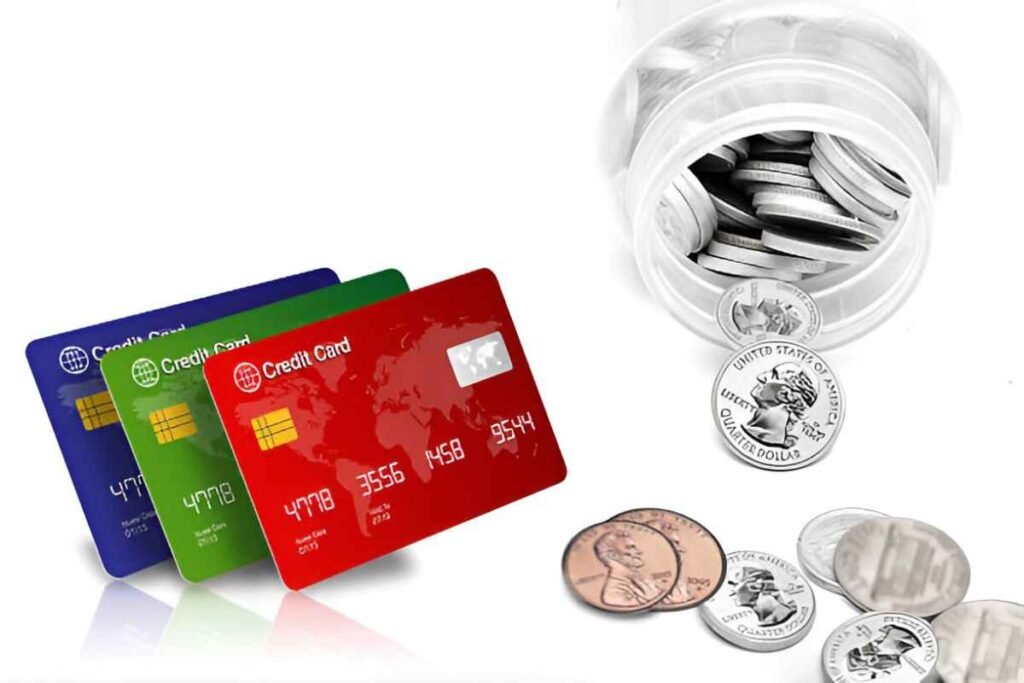If you have no credit history, getting your first credit card may feel challenging. Without a credit score, lenders see you as an unknown risk. However, options exist for people in this situation. I will walk you through the different types of credit cards available, how they work, and how to choose the best option based on your needs.
Table of Contents
Understanding the Importance of Credit
Before diving into credit card options, it’s important to understand why having credit matters. Credit is a record of how you manage borrowed money. It influences your ability to rent an apartment, secure a loan, or even get a job in some cases. Without credit, financial institutions cannot assess your reliability. A credit card can help you establish and build credit when used responsibly.
Types of Credit Cards for No Credit History
There are several types of credit cards designed for people with no credit. Each has its own benefits and limitations. Let’s explore the most common options:
1. Secured Credit Cards
Secured credit cards require a refundable deposit. This deposit acts as collateral and usually determines your credit limit. For example, if you deposit $300, your credit limit will be $300. Lenders use secured cards to reduce risk while giving you the opportunity to prove your creditworthiness.
| Feature | Details |
|---|---|
| Deposit Requirement | Typically $200-$500 |
| Credit Limit | Equal to deposit amount |
| Approval Chances | High |
| Interest Rates | Moderate to high |
| Builds Credit | Yes |
Example Calculation: Suppose you have a secured card with a $500 limit and spend $200 on groceries. If you pay off the balance in full each month, your credit utilization stays low, which can positively impact your credit score.
2. Student Credit Cards
Student credit cards are designed for individuals with little to no credit, often with lower income levels. They may offer lower credit limits but come with fewer fees and educational resources to help young adults learn about credit management.
| Feature | Details |
|---|---|
| Target Audience | College students |
| Credit Limit | Typically $300-$1,000 |
| Interest Rates | Moderate |
| Approval Chances | Moderate |
| Builds Credit | Yes |
Tip: If you are a student, applying for a student credit card with a co-signer can increase your chances of approval.
3. Retail Store Credit Cards
Retail credit cards, offered by stores like Amazon or Target, often have lenient approval criteria. They usually come with high interest rates and can only be used at specific stores. While they can help build credit, they require careful management to avoid overspending.
| Feature | Details |
|---|---|
| Usage Restrictions | Store-specific |
| Credit Limit | Low to moderate |
| Interest Rates | High |
| Approval Chances | High |
| Builds Credit | Yes |
4. Credit Builder Loans
While not a credit card, a credit builder loan helps establish credit in a structured way. The lender holds the borrowed funds in an account while you make monthly payments. Once the loan is repaid, you gain access to the funds, and your payments help build credit.
| Feature | Details |
|---|---|
| Loan Amount | $300-$1,000 |
| Payment Term | 6-24 months |
| Builds Credit | Yes |
| Interest Rates | Low to moderate |
| Accessibility | Moderate |
Factors to Consider When Choosing Your First Credit Card
Choosing the right credit card involves considering various factors that affect your financial situation. Some key aspects include:
- Fees: Look for credit cards with low or no annual fees.
- Interest Rates: Lower interest rates mean less debt accumulation if you carry a balance.
- Credit Reporting: Ensure the card reports to all three major credit bureaus (Experian, Equifax, TransUnion).
- Rewards: Some beginner cards offer cashback or points for purchases.
Steps to Apply for a Credit Card with No Credit
Applying for a credit card when you have no credit requires preparation. Follow these steps to improve your chances of approval:
- Check Your Credit Report: Even if you have no credit, confirm that there are no errors or fraudulent accounts.
- Choose the Right Card: Select a card that matches your needs and eligibility.
- Provide Proof of Income: Issuers may require proof that you can repay the borrowed amount.
- Consider a Co-signer: A co-signer with good credit can increase your chances of approval.
- Start with a Secured Card: If other options are unavailable, a secured card is a reliable first step.
How to Use Your First Credit Card Responsibly
Using your credit card wisely helps you build a positive credit history. Here are a few practical tips:
- Pay on Time: On-time payments account for 35% of your credit score.
- Keep Balances Low: Aim to use less than 30% of your credit limit.
- Avoid Cash Advances: These come with high fees and interest.
- Review Statements: Regularly check for errors and track spending.
Building Credit with Your First Credit Card
Once you have a credit card, focus on building a strong credit profile. The key areas lenders evaluate include:
- Payment History: Always pay at least the minimum due to avoid negative marks.
- Credit Utilization: Keep balances low relative to your limit.
- Length of Credit History: The longer you maintain accounts, the better.
Example Scenario: Suppose you have a $500 credit limit. If you spend $150 each month and pay it off in full, your utilization stays at 30%, which positively impacts your credit score.
Alternatives to Credit Cards for Building Credit
If a credit card isn’t the right option for you, consider these alternatives:
- Authorized User: Becoming an authorized user on a parent’s or spouse’s credit card can help build credit without full responsibility.
- Rent Reporting Services: Some services report your rent payments to credit bureaus.
- Secured Loans: These loans use collateral to help establish credit.
Common Mistakes to Avoid
When starting your credit journey, avoid these common pitfalls:
- Late Payments: These can damage your credit score.
- Maxing Out the Card: High utilization can hurt your credit profile.
- Applying for Too Many Cards: Each application triggers a hard inquiry, temporarily lowering your score.
Conclusion
Getting your first credit card when you have no credit is possible with the right approach. Whether you choose a secured card, student card, or retail card, responsible usage is key. Building credit takes time, but with consistent effort, you can establish a solid financial foundation.





